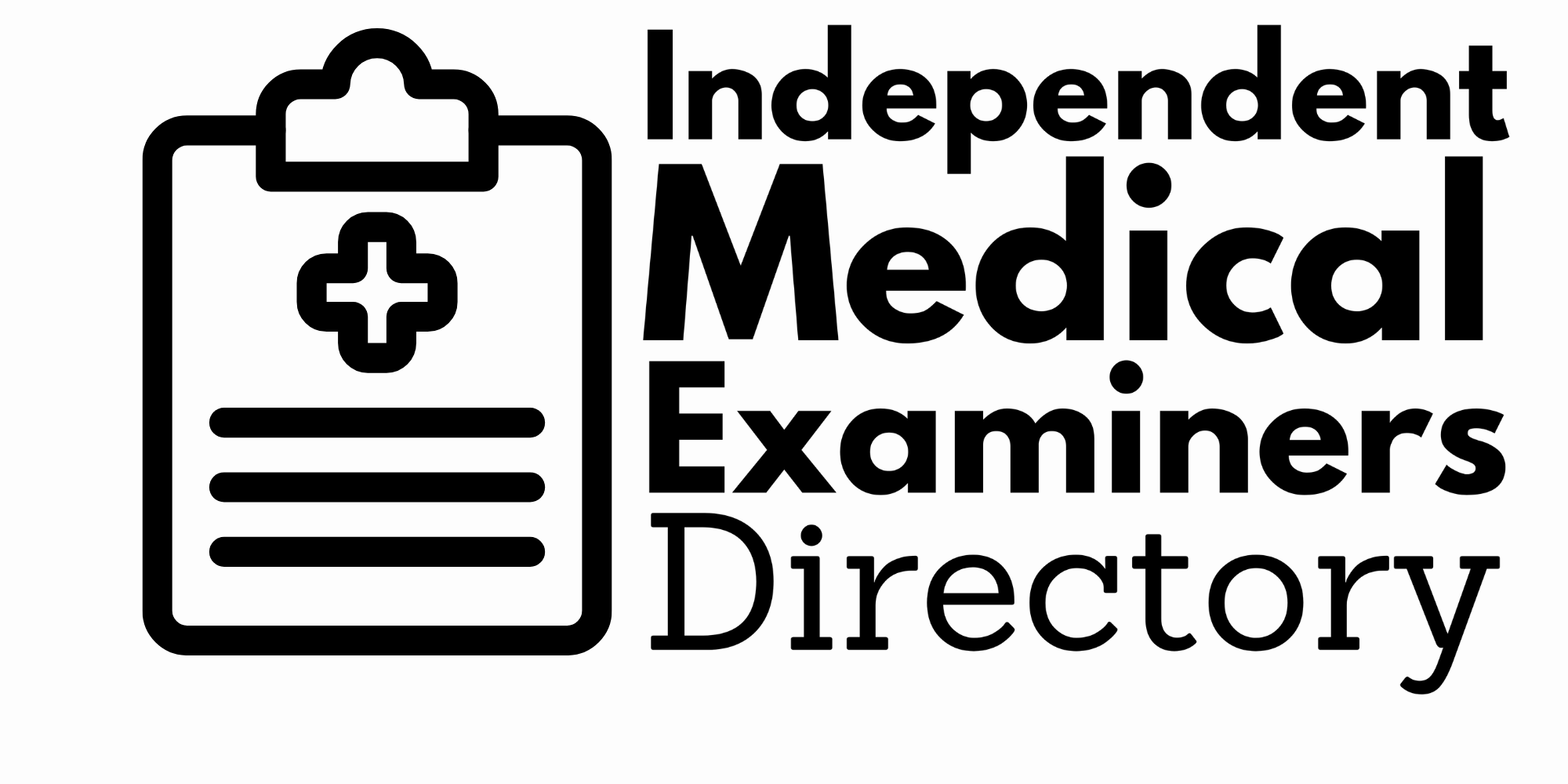When it comes to trials, the facts matter—but how those facts are delivered can make all the difference. For medical expert witnesses, influencing a jury isn’t about theatrics or salesmanship. It’s about credibility, clarity, and connection.
It Starts With Trust
Jurors size up an expert the moment they take the stand. Before you’ve even spoken, they’ve noticed how you carry yourself, how you’re dressed, and whether you seem approachable. Trust comes from:
Confidence without arrogance – standing firmly behind your opinion without belittling anyone.
Honesty about limitations – admitting when a question falls outside your expertise.
Consistency – aligning your testimony with prior statements, publications, and records.
Speak Their Language
Most jurors aren’t doctors. Medical jargon can create distance. The most effective experts:
Use analogies from everyday life (“Think of the spine like a stack of blocks…”).
Break down complex processes into simple, logical steps.
Avoid acronyms unless they immediately explain them.
Focus on one idea at a time, reinforcing key points.
The Power of Storytelling
Medicine is technical, but jurors remember stories:
Before and after – showing what life looked like for a patient before the injury versus after.
Cause and effect – explaining how one event led to another in a logical sequence.
Turning points – moments where different decisions might have changed the outcome.
Stories help jurors emotionally connect with the facts without the expert appearing biased.
Staying Calm Under Fire
Cross‑examination can rattle even seasoned experts. Maintaining composure is critical:
Pause before answering.
Stick to the question—don’t volunteer extras.
Correct misstatements politely and factually.
Keep an even tone; jurors notice irritation or defensiveness.
Using Visuals Wisely
Charts, diagrams, and images can make your testimony more memorable:
Keep visuals simple and uncluttered.
Use them to illustrate a point, not overwhelm.
Make sure you can explain them quickly and clearly.
Connecting Without Overstepping
Influence comes from being seen as a teacher, not an advocate. Experts should:
Focus on educating rather than “winning.”
Avoid legal conclusions—stick to the medicine.
Let the facts and reasoning guide jurors to the conclusion.
Practice Makes Polished
Even the best experts rehearse:
Mock direct and cross‑examinations.
Review key exhibits and how they’ll be presented.
Get feedback from attorneys on pacing and clarity.
The smoother the delivery, the more mental energy jurors can spend on absorbing the content.
Bottom line: Influencing a jury as a medical expert isn’t about pushing an agenda—it’s about being the calm, clear, and trustworthy guide who helps them make sense of the medicine. When you focus on credibility, connection, and clarity, your testimony carries weight long after you leave the stand.
